We all take our eyes for granted. But we would have more appreciation for them if we knew what marvellous pieces of engineering they are.
Eyes are marvellous pieces of engineering- they are the ‘window to the soul.’ While modern science denies the existence of the soul, it does suggest that the eyes may have some insights into the working of the brain.
Some eye disorders reflect the abnormal functioning in certain parts of your brain. One such condition we are going to talk about today is "Nystagmus". Let’s read on to uncover more information on this topic.
Our eyes are moving every waking moment. Where most of these movements are intended under conscious control, in some people, these movements may happen involuntarily. If this sounds like you, then you may have nystagmus.
What is Nystagmus?
Nystagmus refers to involuntary and rapid eye movements that may affect one or both eyes. This condition makes your eyes appear as if they are shaking. They either move back and forth, up and down, side to side or in a circular motion.
Nystagmus refers to involuntary and rapid eye movements that may affect one or both eyes. This condition makes your eyes appear as if they are shaking. They either move back and forth, up and down, side to side or in a circular motion.
Due to the appearance of shaking eyes, this disorder is also termed as “dancing eyes” In most cases, Nystagmus is congenital and develops within 6 weeks or several months from birth. Nystagmus reduces depth perception and visual acuity. It may also throw off balance or coordination between your eyes. But, this problem could be treated with prescription glasses.
What Are the Types of Nystagmus?

There are different types of nystagmus that may develop at different points in someone’s life. Infantile nystagmus is the most common one that babies develop within the first few months of birth.
Other forms of this disorder may include:
- Manifest nystagmus: Present at all times in one or both eyes. Whereas latent nystagmus occurs when one eye is covered.
- Manifest-latent nystagmus: It is felt even when both eyes are open but worsens in monocular viewing.
- Acquired nystagmus: It is caused by a disease such as a brain tumour or diabetic neuropathy. Severe head injuries or neurological problems due to medication side effects can also trigger acquired nystagmus.
Nystagmus is also categorised on the basis of the direction your eyes move when they are shaking.
- Horizontal Nystagmus: Refers to the side to side eye movements.
- Vertical Nystagmus: Involves up and down movements of the eyes
- Torsional or Rotary Nystagmus: Accounts for circular movements
What Are the Nystagmus Symptoms?
The dead giveaway would be the uncontrollable shaking of your eyes. Other signs may include:
- Strange head positions as you try to focus when you can’t keep your eyes steady
- Tilting your head makes things appear clear
- Blurry vision in children
- The stationary world seems a bit shaky to adults with nystagmus
- You may develop sensitivity to bright lights
- Problems with balance
- Dizziness
What are the Causes of Nystagmus?
Let’s go through the causes of Nystagmus at a quick glance:
- Genetic reasons
- Eye issues such as strabismus and cataracts
- Lack of skin pigment or Albinism
- Some medications such as drugs for seizures and lithium
- Drug or alcohol use
- Brain tumours
- Thiamine or B-12 deficiencies
These problems could be treated if they are tracked down at the right time. Make sure you take regular eye tests to avoid any vision problem or decline.
You can get a free eye test from us at our stores in Walkden and Bury. Our certified opticians will assess the health of your eyes and if found a potential medical condition, you will be referred to a healthcare specialist for further consultation.
How Can You Diagnose Nystagmus?
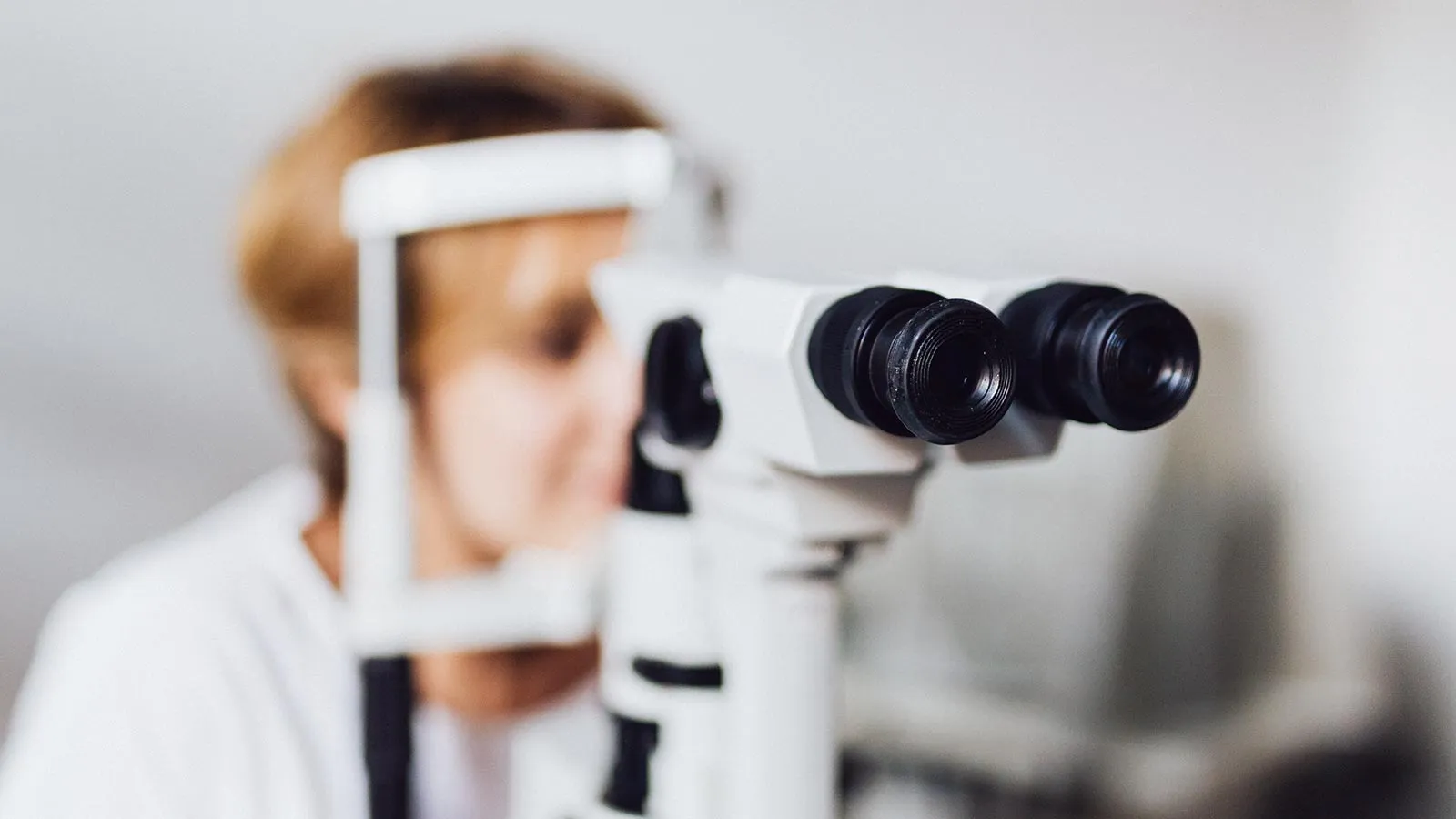
If you suspect that your child has nystagmus, see an eye doctor about it. They will check your child’s vision and ask you about your family’s medical history to diagnose the problem.
In adults, the eye doctor will test the focusing ability of their eyes. They will test how your eyes function together to rule out the problems that could be leading to involuntary eye movements.
If an eye exam fails to provide you with a solid confirmation of nystagmus, you may have to take the following tests:
- Otoscopy or an ear exam
- Neurological exam
- Brain CT scan
- Brain MRI
These tests will allow the specialist to understand whether your head or brain is leading to nystagmus.
How to Treat Nystagmus?
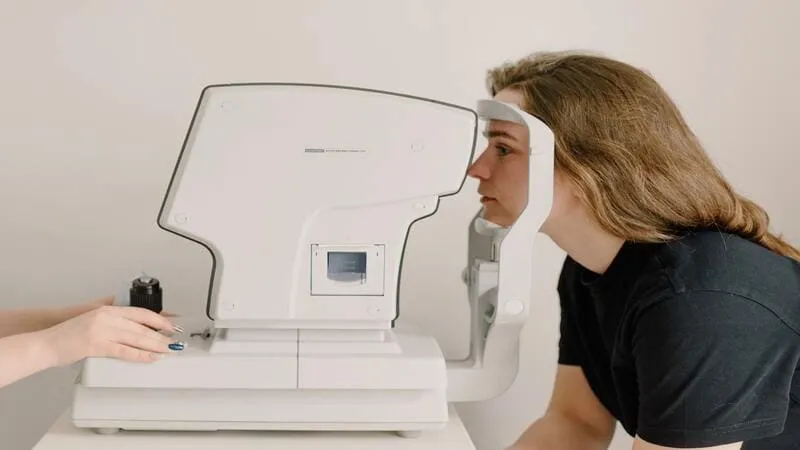
Acquired and congenital nystagmus demand different kinds of treatment options. For congenital nystagmus, you can fix your vision through:
- Contact lenses
- Eyeglasses
For acquired nystagmus, consider these following options:
- Change your medications
- Use eye drops to combat your eye infection
- Correct vitamin deficiencies with dietary adjustments and supplements
- Use antibiotics to treat diseases and infections in your ear
- Use prism glasses
- If you are sensitive to bright lights, use tinted glasses
- Opt for a brain surgery to correct problems with your central nervous system
What Are Some of the Tips for Living with Nystagmus?
Check out the tips stated right below:
- You need to use books with large-prints.
- Maximise the print size on your tablet, computer and mobile phone.
- Kids can use brightly coloured and big toys- they can opt for toys having unique textures.
- Get in touch with an eye doctor.
Final Words
This is all about Nystagmus- its types, causes, symptoms and treatment. Take care of your vision and improve your quality of life. Get glasses and see through the lens with clarity.
 30 Under 30 Europe 2024
30 Under 30 Europe 2024
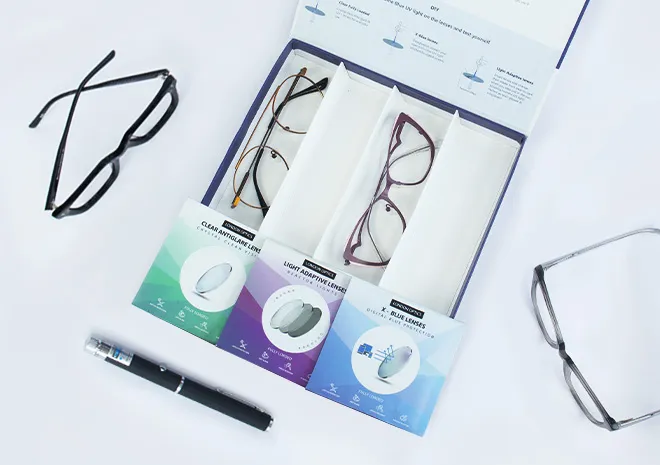
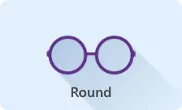
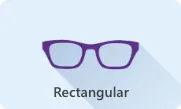

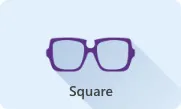

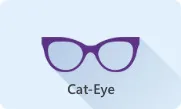
















 Terrible
Terrible
 Bad
Bad
 Okay
Okay
 Good
Good
 Amazing
Amazing

 Google
Google


